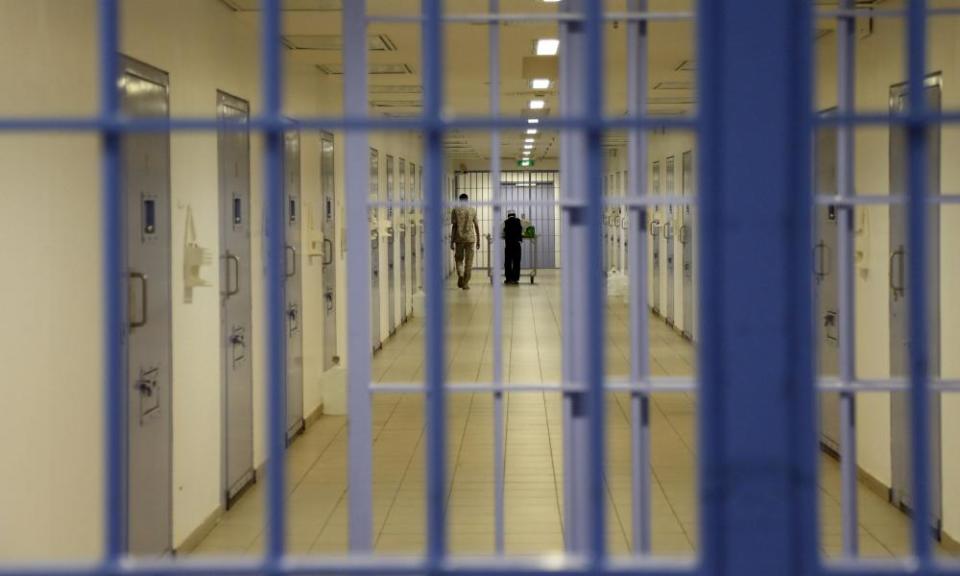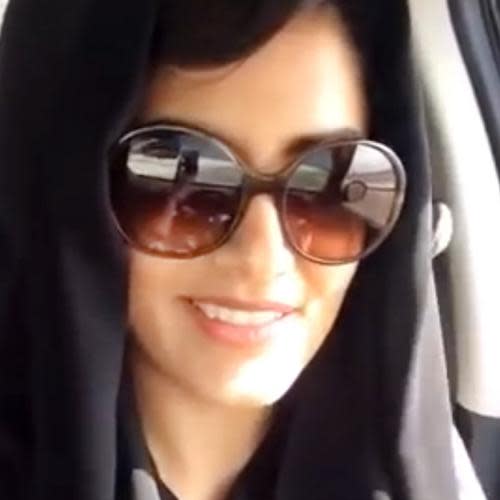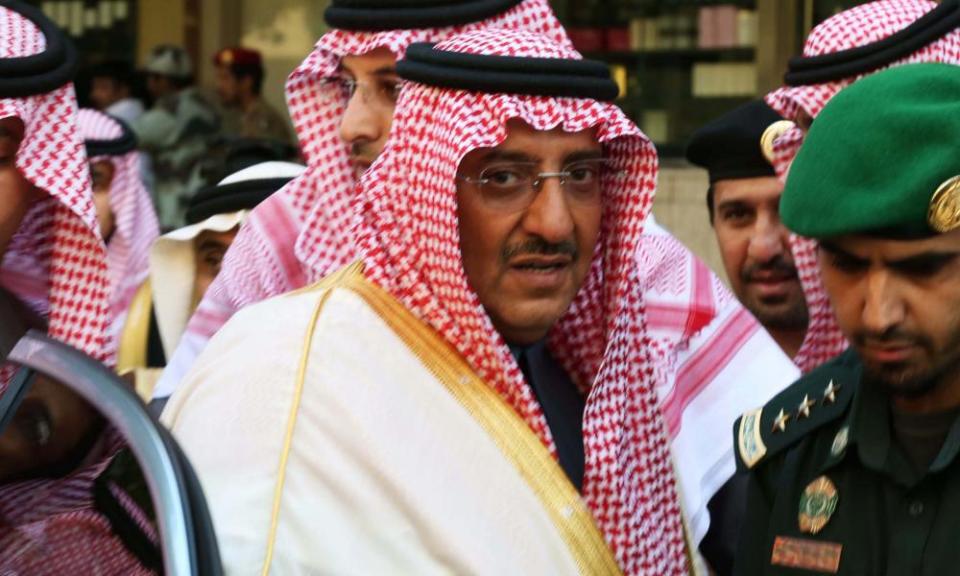Family fears grow for activists detained in notorious Saudi prison

Relatives of prisoners held in a sprawling complex outside Riyadh say they fear prison conditions and denial of medical treatment are risking the lives of detainees including members of the Saudi royal family.
Two sources close to the family of Princess Basmah bint Saud bin Abdulaziz al-Saud say the senior royal, known as an outspoken advocate for reform, is in a life-threatening condition inside al-Ha’ir prison south of Riyadh. Concerns grew following the death in a Riyadh hospital last month of prominent rights activist Abdullah al-Hamid, formerly held in al-Ha’ir.

Women’s rights activist Loujain al-Hathloul has now marked two years in detention in al-Ha’ir over her campaign against the former ban on women driving and an end to the male guardianship system. Hathloul was arrested in a May 2018 sweep of activists accused of contact with “foreign entities with the aim of undermining the country’s stability and social fabric”. She and other feminist activists were subject to torture in detention, with Hathloul singled out for the worst treatment.
Family and friends of detainees held in al-Ha’ir say their fears have spiked in recent weeks, amid reports of two cases of Covid-19 inside the prison. Hathloul’s family say she has periodically been denied phone calls. Close contacts of Basmah say that for the past month she has also been denied the calls that provide prisoners’ sole means of communication with the outside world, preventing any updates on her condition.
Al-Ha’ir prison is a 19m-sq-ft maximum-security facility south of the capital Riyadh, housing an estimated 5,000 prisoners, including those convicted for attacks on behalf of al-Qaida and Islamic State. The wing of the facility housing political prisoners including Hathloul is controlled by the Mabahith, a branch of the Saudi Arabian secret police that handles domestic intelligence. Family members say she is held in a cell roughly three by four metres, with brief daily access to a communal area.
Hathloul’s family say the 30-year-old was censored during her previously regular phone calls. “She can’t share anything about the negative conditions or issues inside the prison, otherwise the authorities cut the call,” said Walid al-Hathloul, Loujain’s brother. “So it’s hard to tell what the real conditions are.” According to her family, Hathloul has not called for the past two weeks.
The prison is famed for its luxurious rehabilitation wing, including a swimming pool and conjugal visits for convicted jihadists, but Walid al-Hathloul said that is not the experience of other detainees. “There are sections that look nice, but that’s not what Loujain sees,” he said.
Two sources close to Basmah, the youngest grandchild of King Saud who founded the Saudi state, say she is held in a room in al-Ha’ir prison with her 28-year-old daughter Suhoud. “There are other princesses in there with her, not in cells but in rooms,” said one person close to the family. “She is not a criminal or a terrorist, but she’s been thrown in prison where criminals and terrorists are.”

Poor health has prevented Basmah from accessing a telephone. “She is on her deathbed,” the family’s contact said. “For the past four or five months, they stopped providing her with medical care, or responding to the things she’s requested.”
The princess reportedly suffers from gastrointestinal issues, heart problems and osteoporosis that led her to seek treatment in Switzerland, but she was detained after being granted permission to travel. “I think they’re hoping [she] will die,” said a second close contact of the family, in reference to the Saudi authorities controlling the princess’s detention. “They know about her health conditions.”
“She’s the first [senior] princess, the daughter of a king, to be thrown in prison in this way,” said the first contact. “Without action [being taken], she will die. It’s heartbreaking.”
The reason for the princesses’ detention is unclear. Basmah was summoned to a private meeting with Crown Prince Mohammed bin Salman, known as MBS, on 28 February last year. Security footage shows a group of men arriving at her Jeddah residence to escort her to the meeting, but the convoy escorted her instead to al-Ha’ir.
There has been a spate of detentions of senior royals. Prince Faisal bin Abdullah al-Saud, a son of the late King Abdullah, was detained incommunicado in early May. In March, MBS detained three princes including Prince Ahmed bin Abdulaziz, the younger brother of King Salman, as well as Mohammed bin Nayef, the former crown prince whom MBS succeeded in 2017. Basmah is an ally of Bin Nayef and others in a group within the royal family concerned by MBS’s increasing power and crackdown on criticism, even that of his own family.
A tweet by the Saudi prisons’ authority on 10 May said Bin Nayef had had a heart attack. The tweet was later deleted and the state-run Saudi Press Agency tweeted that the account had been hacked.

The Saudi General Directorate of Prisons states that “healthcare is guaranteed for prisoners in the Kingdom of Saudi Arabia”, including protection from contagious diseases. The Saudi Arabian embassy in Washington DC, which handles media requests, declined to comment on conditions inside al-Ha’ir and Basmah’s health when contacted by the Guardian.
Abdullah al-Awdah, the son of Saudi cleric Salman al-Awdah who is held in al-Ha’ir with his brother, said his father and uncle had routinely been denied medical treatment since their detention in 2017. “Because of the torture, [my father] developed some conditions, specifically high blood pressure. He needed medication that they denied him for weeks, until his health deteriorated and they hospitalised him for a few days,” he said. He added that his uncle, a doctor, was denied diabetes and other medication, and in 2018 he passed out in court and was hospitalised.
Related: 'What they did to me was so horrific': brutal silencing of a Saudi feminist
Rights groups say that al-Ha’ir has long been associated with physical abuse. “The general criminal area of the prison is even worse in terms of overcrowding and poor sanitation,” said Josh Cooper of the Saudi rights group Al Qst. “There’s an extreme risk now in light of Covid-19 that the prison is overcrowded and lacks basic services.”
Cooper added that denial of medical treatment is used as a punishment, as well as the temporary transfer of political prisoners into the overcrowded general criminal prison.

 Yahoo News
Yahoo News 